There’s no denying that many of the races in Dungeons & Dragons took a lot of inspiration from The Hobbit and The Lord of the Rings, with Bilbo and Frodo’s quests crystalizing the idea of dwarves, elves, and halflings in the minds of many. Fans of the works of Tolkien can now place these races in D&D 5E, thanks to The Lord of the Rings Roleplaying adapting Middle-earth to the familiar ruleset, though some changes were made along the way.
Related: Dungeons & Dragons: New Player Guide To Fighters
The Lord Of The Rings Roleplaying Kept Some Races & Ditched Others
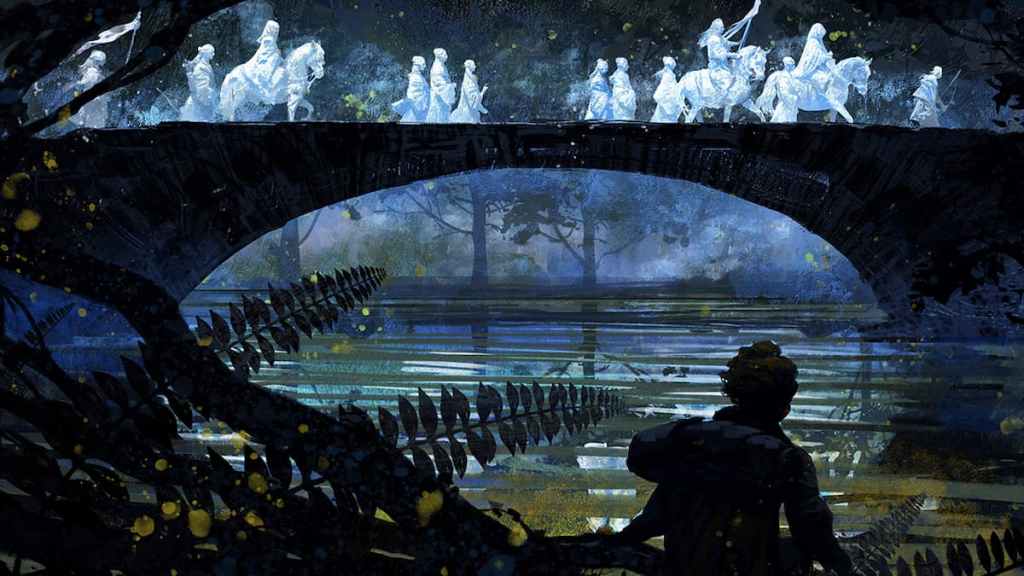
The Lord of the Rings Roleplaying game renames the playable race concept as “heroic cultures” and provides six options: bardings, dwarves of Durin’s folk, elves of Lindon, hobbits of the Shire, men of Bree, and rangers of the north. This means the book has three different varieties of humans, fitting with the fact that they were the most common beings throughout Middle-earth during the era when the game was set.
Naturally, this means that there are races from the D&D Player’s Handbook that aren’t present in The Lord of the Rings Roleplaying, including gnomes, halflings, half-elves, half-orcs, dragonborn, and tieflings. The fact that The Lord of the Rings Roleplaying uses the 5E system means that it’s easy to include these races in your game, should you choose to.
The Lord Of The Rings Roleplaying Doesn’t Use All Of The Middle-Earth Races
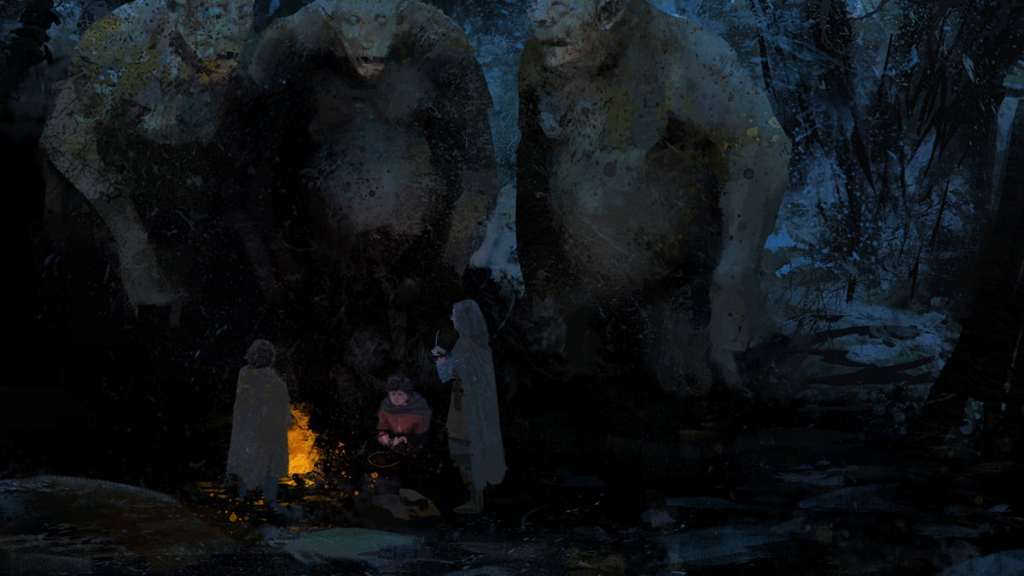
Notably, some of the more unique races from Middle-earth aren’t presented as options in The Lord of the Rings Roleplaying, such as ents, Istari, and even half-elves. This means that your plan to play a Balrog Bard has been derailed unless your Loremaster/DM is a true glutton for punishment.
The decision not to make some of these powerful races playable makes sense, considering how rare they are in Middle-earth. The Lord of the Rings Roleplaying is all about subtler and more low-key adventures, so the options in the book are centered around the kind of people you’re more likely to see going on journeys in search of glory and adventure.
The Lord Of The Rings Roleplaying Uses The Antiquated Stat Bonus Rules
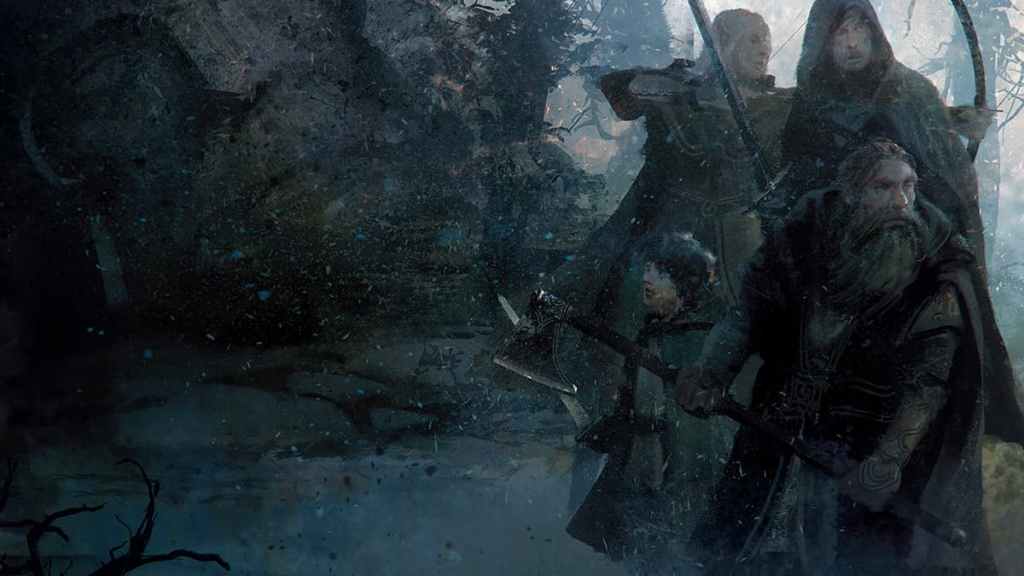
A disappointing aspect of The Lord of the Rings Roleplaying is that it uses racial stat bonuses. This means that heroic cultures each provide specific stat modifiers, such as bardlings adding +1 to Strength and Charisma and men of Bree gaining +1 to Wisdom and Charisma. All heroic cultures possess unique abilities outside the stat boosts, and subrace options are also available.
The reason this is disappointing is that this system was originally part of D&D 5E, but it was officially replaced in Tasha’s Cauldron of Everything with a new system that gives every character a +2 and a +1 to add to any stat. The argument was that adventurers are extraordinary people and don’t match the stereotypes of their people, so they shouldn’t be tied to specific bonuses.
The old system was scrapped because it dissuaded players from selecting certain class/race combos due to fear of being underpowered. It’s a shame that it’s present in The Lord of the Rings Roleplaying, though the game currently only has six character classes (also known as callings), so players aren’t spoiled for choice anyway.
The Lord Of The Rings Roleplaying Merges Races & Backgrounds

In D&D 5E, the playable races and Backgrounds are separate choices. In The Lord of the Rings Roleplaying, they’re bundled together as part of the heroic cultures concept. This means that each racial choice has several options limited to their heroic culture, such as the elves of Lindon having access to The Call of the Sea, Maker of Ships, A Merchant Family, Sky-Watcher, Tower Guard, and Visitor to the Mountains Backgrounds.
The benefits of heroic culture backgrounds are similar to those from D&D 5E, though not quite as interesting. Each provides two skill proficiencies and a tool proficiency, though they lack the unique abilities of the D&D Backgrounds, like the Criminal’s Criminal Contact feature. Players are given some potential character traits for these Backgrounds, but they’re easily ignored.
Related: Dungeons & Dragons: Starting Tips For New Players
The heroic cultures of The Lord of the Rings Roleplaying game merge several aspects of the 5E system into one package, which makes it more user-friendly than D&D. When combined with the simplified character classes and low-magic setting, it makes The Lord of the Rings Roleplaying a great introductory system while opening the door to bigger stories in Middle-earth further down the line.



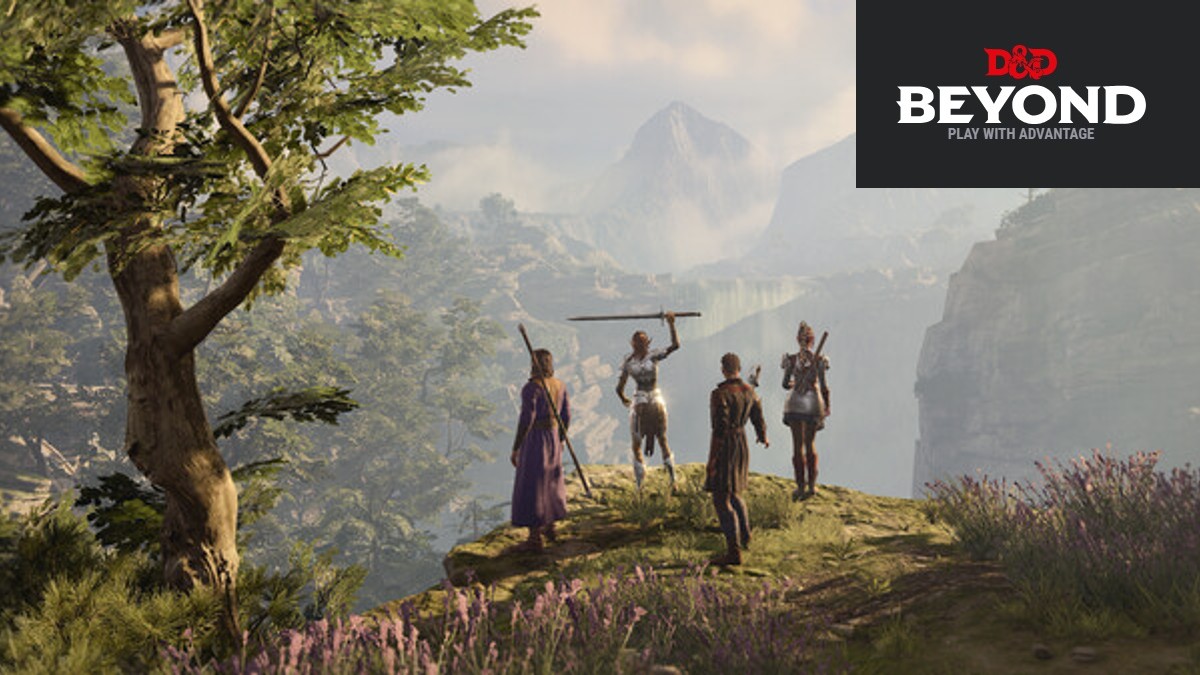
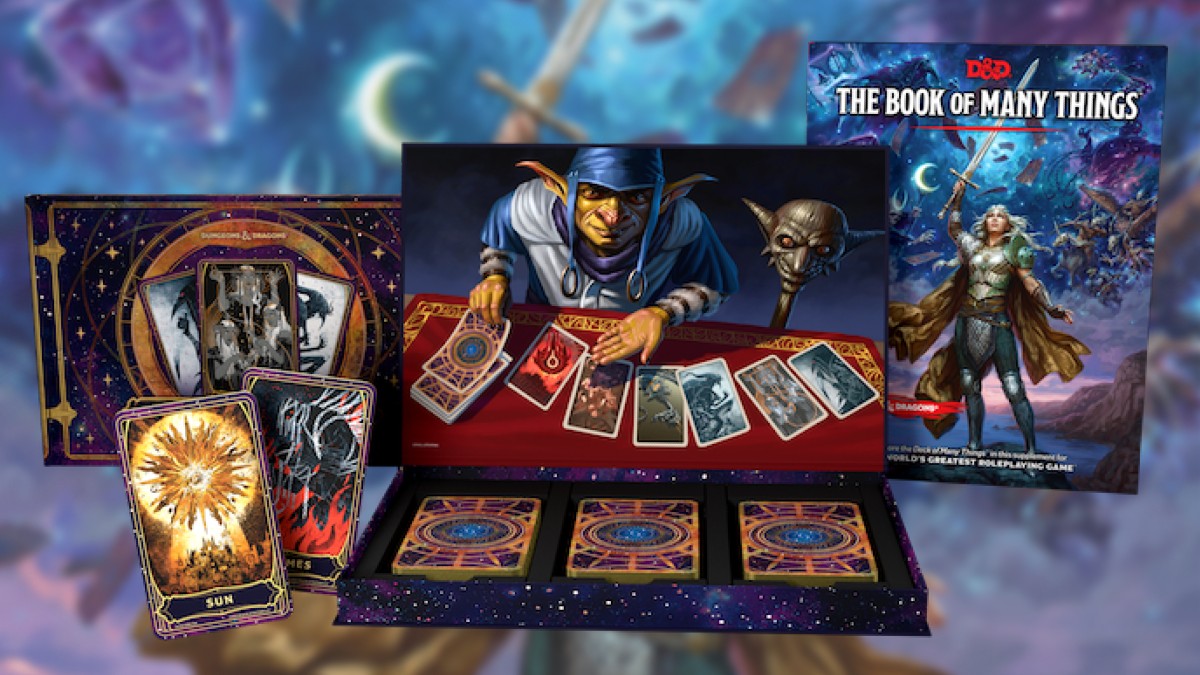
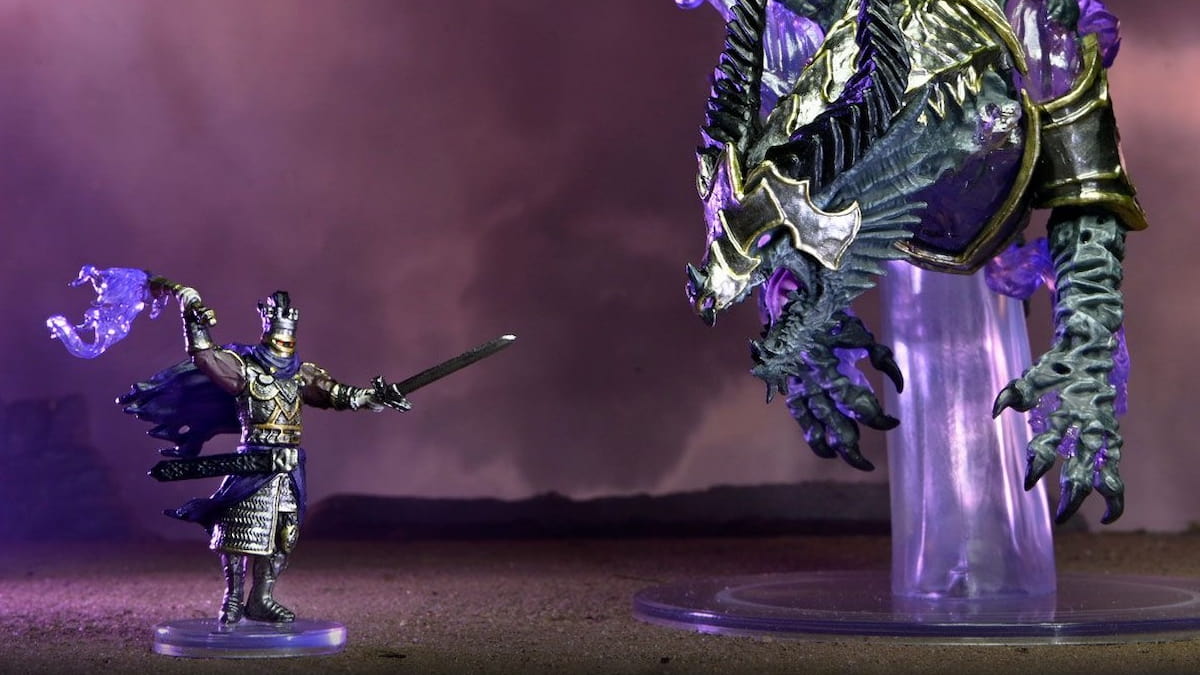
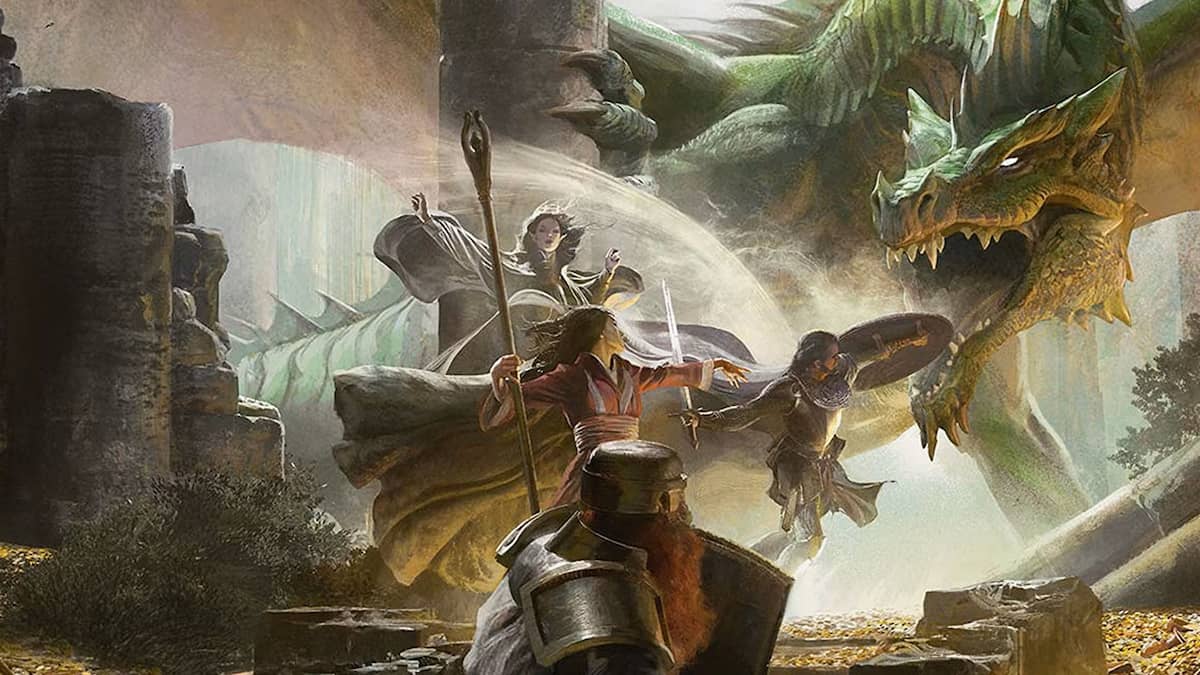
Published: May 17, 2023 06:49 am